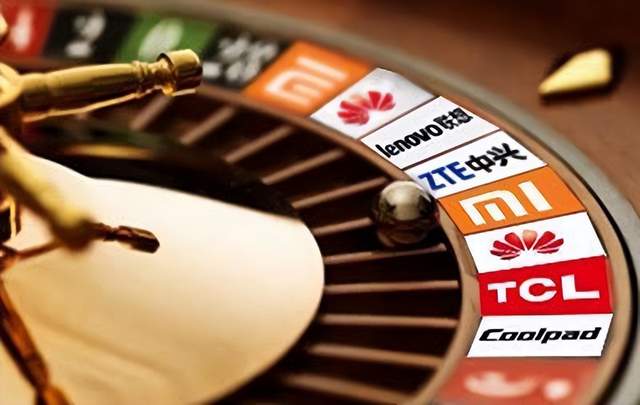Why does Apple dare to confront WeChat? Because 50% of domestic mobile phones are at the bottom, and Apple has been spoiled
![]() 09/03 2024
09/03 2024
![]() 557
557
As Apple is about to release the iPhone16 in recent days, domestic media have been hyping up Apple's 30% commission, and many netizens have also expressed their willingness to give up Apple if there's no WeChat. However, with the iPhone16 set to be released in just 7 days, Apple doesn't seem too worried. Why is that?

Apple's confidence stems from the much-criticized "Apple Tax," which, compared to domestic mobile phones, is relatively benign. Domestic mobile phones charge an even harsher commission rate, with Apple taking 30% and domestic phones taking 50%. With domestic phones as a comparison, Apple naturally has more leverage in negotiating with domestic internet companies.
Regarding media reports that Apple charges 30% in China and 17% in Europe, domestic mobile phones provide a useful contrast. Domestic phones charge 50% in China but only 30% overseas. Like Apple, they charge more in the Chinese market than overseas. It's clear who holds the moral high ground here.
Unlike Apple's App Store, where all commissions belong to Apple, domestic mobile phones keep 50% of commissions from the domestic market, while Google dominates commissions in overseas markets due to its control over Android. In China, domestic mobile phone companies control customized Android systems, so most of the 30% overseas commission may go to Google, leaving domestic phones with only a small portion. This underscores the lucrative commissions domestic phones earn in the domestic market.
This is why Apple dares to confront many internet companies in the domestic market. Currently, Apple is negotiating with Tencent, and a settlement is expected soon. As the world's largest iPhone market, China is crucial for Apple. CEO Tim Cook has consistently demonstrated a business-minded attitude, avoiding extremes and being willing to compromise. Apple is likely to reduce its commission, but the extent depends on the negotiation outcome.

Apple has borrowed many practices from domestic mobile phones in the Chinese market, especially in after-sales service. Apple's after-sales service in China is similar to that of domestic phones.
Outside China, Apple typically offers device replacement services, but in China, it only provides warranty services and even adopts the factory repair service used by domestic phones. While this seems to protect consumer interests, it causes inconvenience as factory repairs can take 2-3 months. This service was pioneered by domestic phones over a decade ago.
Apple's different after-sales service in China is influenced by both domestic phones and scalpers. Early on, Apple offered device replacement in China, but scalpers exploited this loophole to acquire damaged phones and replace them with new ones, causing Apple significant losses. Coupled with the comparison to domestic phones, Apple isn't afraid of backlash from domestic consumers.
These factors contribute to Apple offering lower services in China compared to other markets. With its advantage in the high-end market, Apple has the confidence to negotiate with internet companies. Supported by most high-end consumers, Apple users are more willing to pay for internet services. Despite having fewer users than Android, Apple generates similar revenue for app developers, giving it leverage in negotiations.

In my opinion, this heatedly hyped business negotiation on the internet may not significantly impact the two parties involved. They will ultimately compromise based on business interests, achieving a win-win outcome. For both companies, a breakdown in negotiations would be detrimental, leading to significant revenue losses. Commercial negotiations are about finding a mutually beneficial solution.







